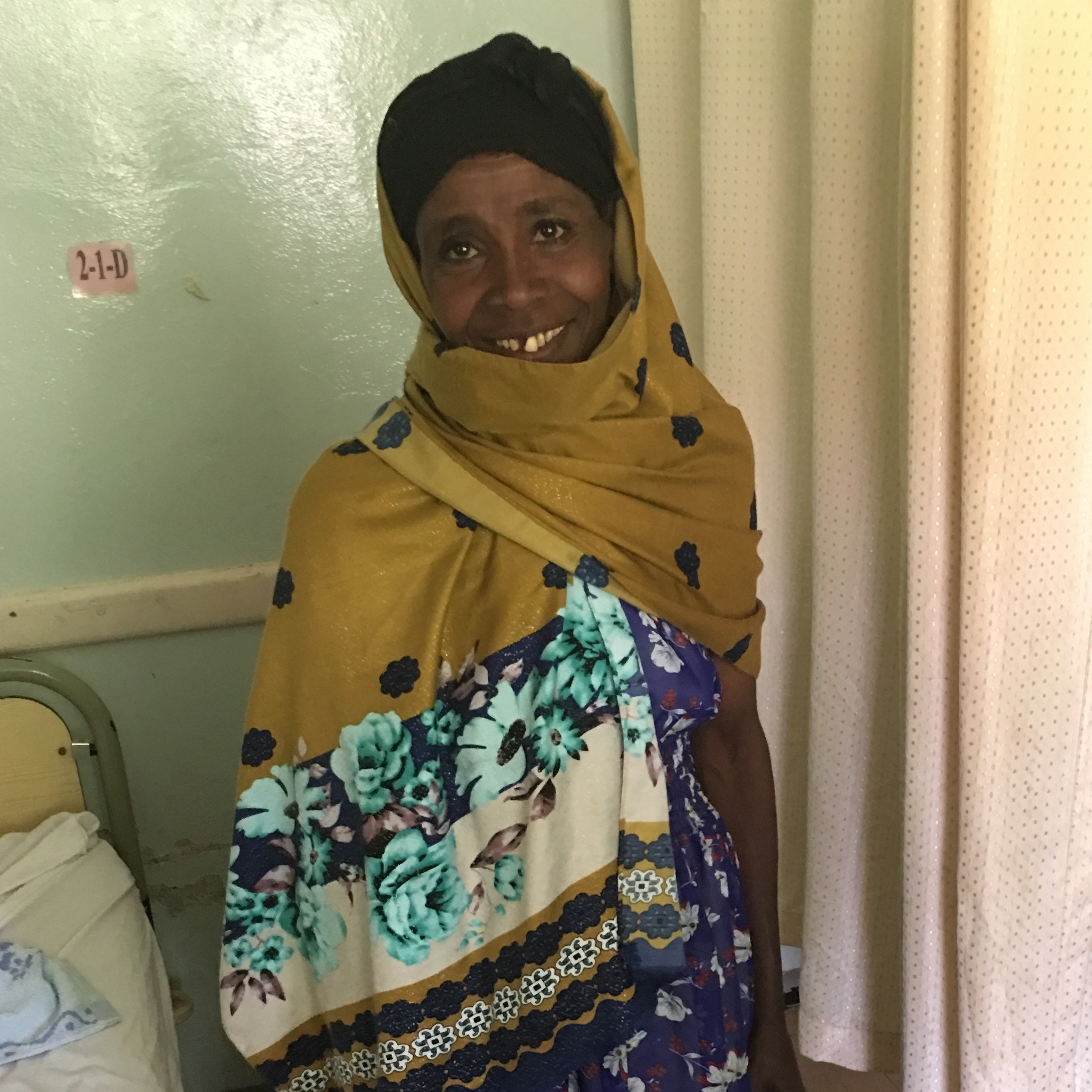Imagine leaving home at just seven or eight years old, heading to a big city and living alone on the streets. That’s the reality for thousands of children in Ethiopia, who are unprotected, vulnerable, and often exploited.
The Busajo program is a special one because it focuses not on bringing shoes or a few dollars to these kids, but an entire overhaul, a refuge, and a chance to build a better life.
The main building at Busajo, which includes offices, a kitchen, classrooms and living quarters for the children who are coming off the street.
Children accepted into the program stay for a maximum of three years, during which time the staff locate and work with their family and relatives.
It’s all an effort to address the issues that forced the child out of the home in the first place. In many cases, it means helping to shore up or build a home, providing a means of generating income (perhaps an injera maker or an animal that could provide milk or meat), or providing medical or legal assistance to a family.
In the meantime, the children who have been living on the street are rehabilitated at the Busajo campus in Soddo, Ethiopia, re-learning how to go to school, live and work and play with others, and pull their weight in a household.
One part of the textiles workshop at Busajo. Several young boys are learning to weave beautiful scarves tablecloths and towels.
The children at Busajo experience a radically different life than the one they knew on the streets. And not just because the campus is so beautiful. The walled grounds include a softball field, basketball court, the main building where the children live, eat and do their chores, as well as a new guest house, workshops for job training (bread, bamboo furniture, textiles and soap-making!) and a home for girls, many of whom have been sex trafficked.
All the necessities are provided – food, clothing, shelter, school supplies, a safe place to sleep – and they begin to resume a normal life routine. These former street children learn to cook, clean and keep up a good hygiene regimen.
A classroom for study time or other lessons at Busajo.
The schedule is very strict, and it includes a rotation of chores for each child, as well as hours of homework and study time each day.
The routine is important, because it helps the youngsters stay on track and re-adapt to the activities and values in a family home, rather than the all-out war for survival they may have experienced on the streets.
Here is a glimpse of the schedule at Busajo:
A DAY IN THE LIFE AT BUSAJO
6:30 a.m. Wake up, get ready, make beds
7 a.m. Breakfast
8 a.m. Go to school, either a government school or a local language school
12 p.m. Home for lunch
1 p.m. An hour of quiet chatting with Busajo staff
2 p.m. Study buddies - an hour of quiet study in pairs (for example, Grade 1 students are paired with Grade 3 students, Grade 2 students with Grade 4, etc)
3 p.m. An hour of solo homework time
4 p.m. Play sports - one day it might be soccer, the next volleyball, the next small games
5 p.m. Shower
7 p.m. Dinner
8 p.m. Study (except on weekends, when the kids gather for an hour of TV time!)
9 p.m. Sleep!
































